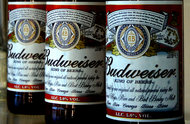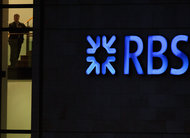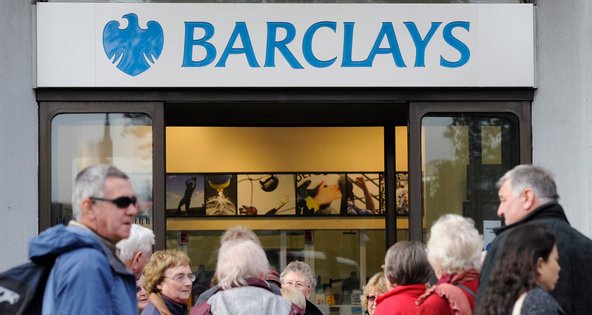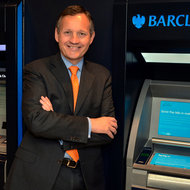In October 2009, Deutsch, an autonomous agency under the Interpublic umbrella since 2000, became the United States hub of Lowe, which works for marketers around the world like Ikea and Unilever. The alignment was formed by combining the New York office of Lowe with the New York office of Deutsch; an office of Deutsch in Los Angeles was largely unaffected by the merger.
The merger took place after Interpublic had sought to bolster the Lowe American operations by merging several agencies into the New York office of Lowe, among them Ammirati Puris Lintas, Bozell, Goldsmith/Jeffrey and Scali, McCabe, Sloves.
On Tuesday, Interpublic realigned the realignment, designating another of its autonomous agencies, Campbell Ewald, based in Warren, Mich., as the United States hub for Lowe, which has its headquarters in London and offices in about 80 countries. Campbell Ewald will be renamed Lowe Campbell Ewald — and Deutsch, which had been officially called Deutsch, a Lowe Partners agency, goes back to being called Deutsch.
Accounts that Deutsch in New York had absorbed from the New York office of Lowe will remain with Deutsch in New York. They include the Milk Processor Education Program, known for its “milk mustache” campaign, and Outback Steakhouse.
The realignment is taking place after Lowe collaborated with Campbell Ewald — along with another autonomous Interpublic agency, Hill Holliday, based in Boston — to wrest the assignment to create ads for the Cadillac division of General Motors from Fallon Worldwide in Minneapolis, part of the Publicis Groupe.
Campbell Ewald, Hill Holliday and Lowe are all part of a new Interpublic agency, dedicated to Cadillac, being named Rogue. The headquarters for Rogue will be in the Lowe Campbell Ewald headquarters in Warren.
The collaboration between Lowe and Campbell Ewald on Cadillac is clearly a reason to align the two agencies. The fact that the Deutsch Los Angeles office creates campaigns for another automotive company, Volkswagen of America, is also a reason to separate Lowe and Deutsch.
Also on Tuesday, Interpublic named a new top leader for what is now Lowe Campbell Ewald. Jim Palmer, who had been chief client officer at Campbell Ewald, becomes chief executive at Lowe Campbell Ewald, succeeding Bill Ludwig, who, Interpublic said in a statement, is working on a new venture that “could see him remain connected to” Interpublic.
Kathleen Donald, who had been president at Campbell Ewald, was named chief operating officer at Lowe Campbell Ewald, taking on additional duties. Mark Simon continues as chief creative officer at the renamed agency.
Two offices of Campbell Ewald, in Los Angeles and San Antonio, will also be renamed Lowe Campbell Ewald. The agency previously announced plans to leave its headquarters building in Warren and relocate to downtown Detroit in early 2014.
Other clients of Lowe Campbell Ewald, in addition to Cadillac, include Alltel Wireless, Chicken of the Sea, Kaiser Permanente and the United States Navy. For decades, Campbell Ewald had created campaigns for the Chevrolet division of General Motors, an assignment that is now handled by an Interpublic agency named Commonwealth.
The senior management of Lowe remains unchanged with Tony Wright as chairman and Michael Wall as chief executive. Lowe is the smallest of Interpublic’s three global agency networks; the others are McCann Erickson Worldwide and DraftFCB.

Article source: http://www.nytimes.com/2013/07/10/business/media/after-four-years-lowe-agency-gets-a-new-us-partner.html?partner=rss&emc=rss



